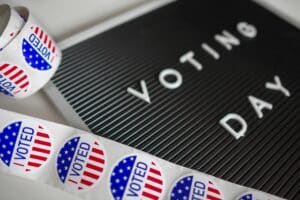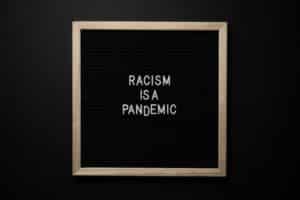Applying to College With a Criminal Record
By Levi LaChapelle / Truthout Op-Ed Colleges are staging areas for economic success and personal prosperity. As sociologist Andrew Cherlin recently observed to The New York Times, “A bachelor’s degree is the closest thing to a class boundary that exists today.” Indeed, a report from the Pew Research Center shows that for the last two decades, only college graduates


